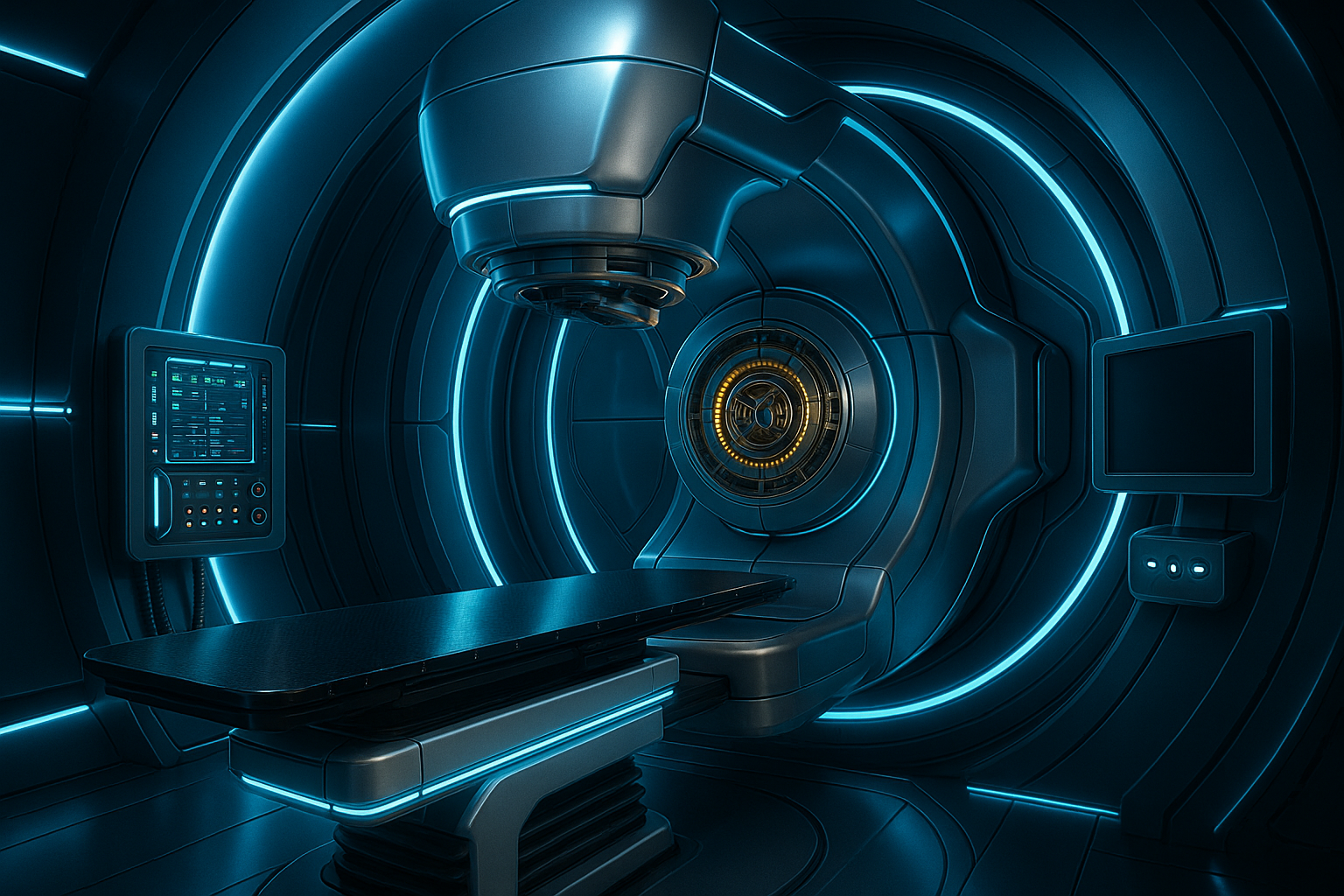The PicoMonitoring Project team combines expertise in particle detection, fast-timing technologies, and advanced electronics to deliver innovative solutions for real-time beam monitoring in radiotherapy. The project focuses on the application of LGADs (Low Gain Avalanche Detectors), enabling sub-nanosecond precision for particle detection within therapeutic beams.
The team collaborates closely with the Heidelberg Ion-Beam Therapy Center (HIT), ensuring scientific excellence and fostering technological innovation at the intersection of Particle Physics and Medical Applications.
PicoMonitoring Team
PhD Researchers
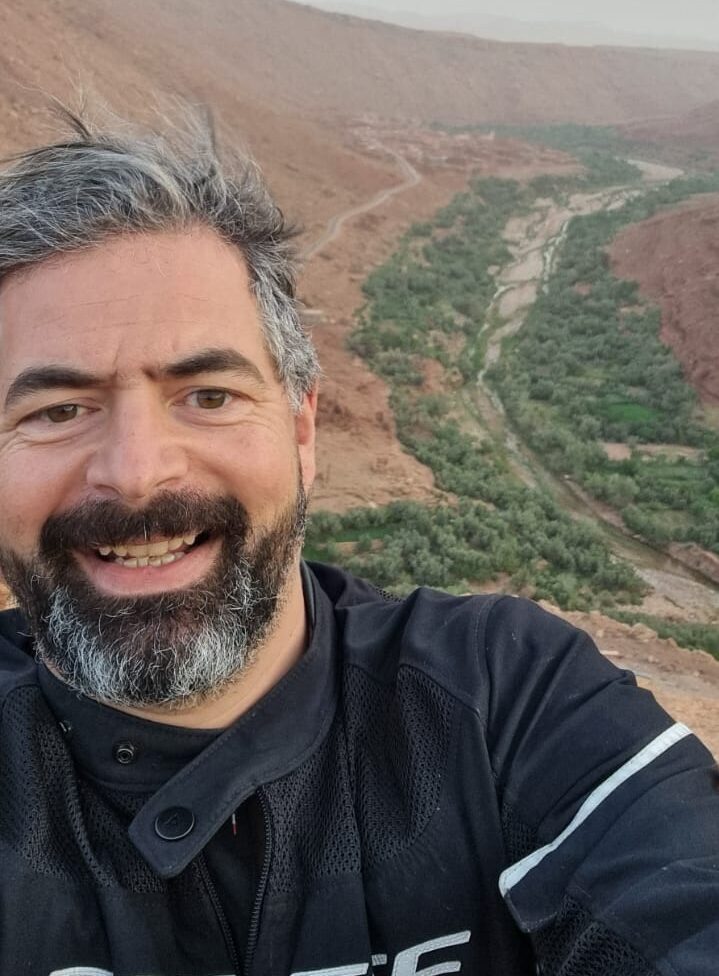
Pedro Assis
LIP/IST
Pedro Assis is an Assistant Professor at the Department of Physics of Instituto Superior Técnico, University of Lisbon, and a Researcher at LIP – Laboratório de Instrumentação e Física Experimental de Partículas. His research focuses on experimental Particle and Astroparticle Physics, with expertise in fast electronics and data acquisition systems for large-scale international collaborations. He has contributed to projects such as the Pierre Auger Observatory and ESA initiatives, developing innovative detectors for cosmic ray and space applications. At LIP, he leads the electronics laboratory and co-coordinates activities in advanced instrumentation for high-energy physics experiments, including ATLAS at CERN. He is also a member of the BoneOscopy consortium, a groundbreaking Medical Physics project supported by a 3.4 million euro EIC Pathfinder Open Grant.
📧 pedjor@lip.ptGraduate Students
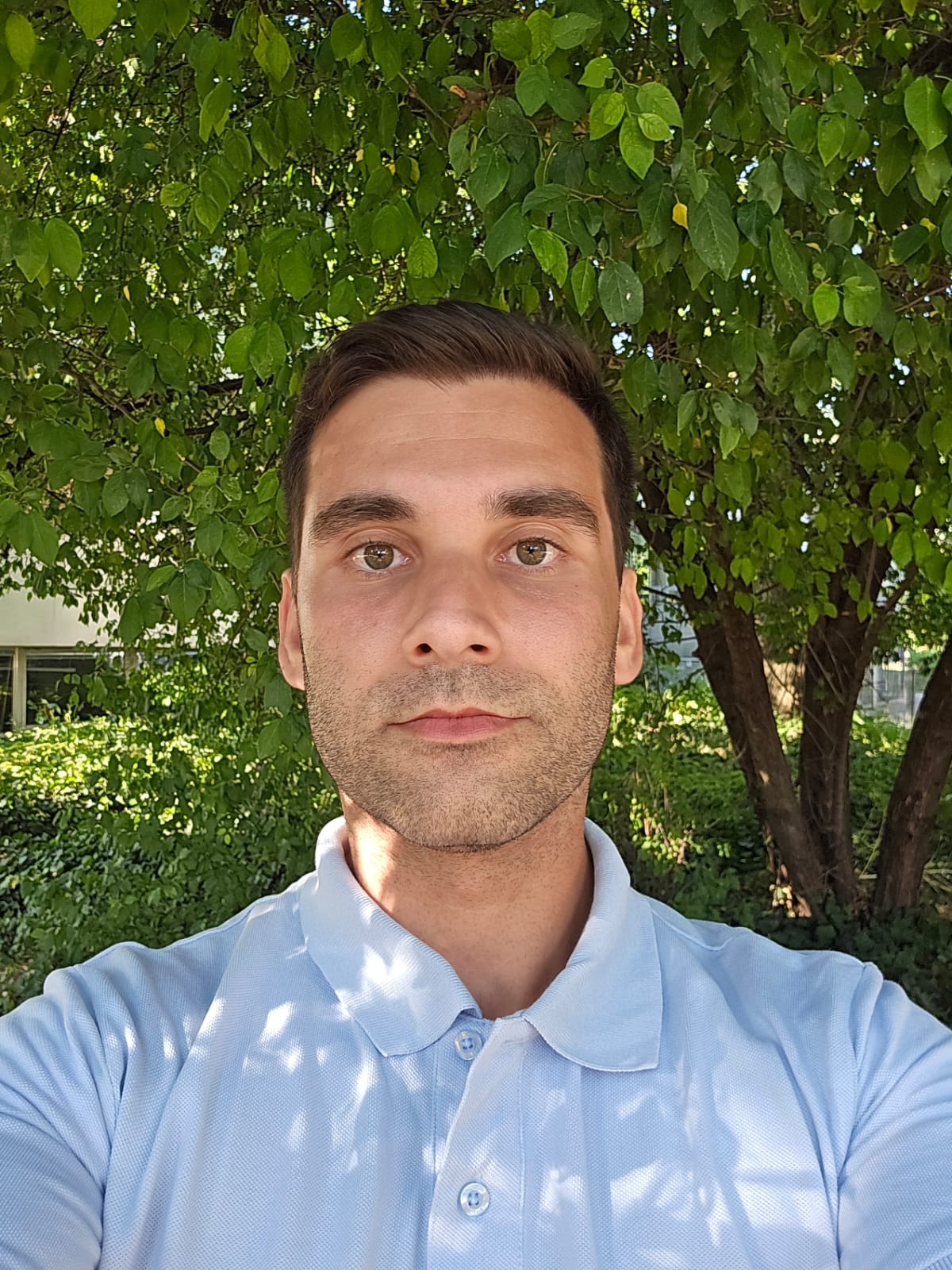
Rui Fernandez
LIP/DKFZ/IST
Rui Fernandez is a PhD student working on the PicoMonitoring project at LIP, where he develops advanced radiation-tolerant electronics for high-precision monitoring in extreme environments. He holds an Integrated Master's degree in Engineering Physics from the Faculty of Sciences of the University of Lisbon. His research focuses on designing and testing robust electronic systems for applications such as space exploration, high-energy physics, and medical technologies. Rui has contributed to major international collaborations, including the ATLAS experiment at CERN, with expertise in low-noise power supplies, ASIC characterization, and radiation effects on electronics. His work combines innovative hardware design with cutting-edge techniques to ensure the reliability of monitoring systems operating in harsh radiation conditions.
📧 ruifz@lip.ptTechnicians
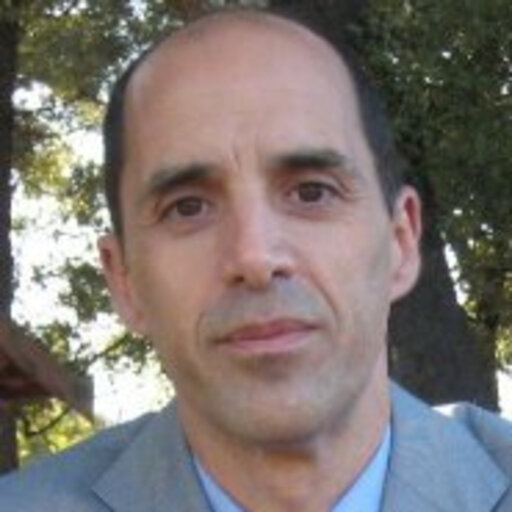
Miguel Ferreira
LIP
Miguel Ferreira is a researcher and electronics engineer at the Laboratory of Instrumentation and Experimental Particle Physics (LIP) in Portugal. He provides critical support in fast electronics development for the FLASHGuard project, leveraging extensive experience gained through his work with major international collaborations such as the Pierre Auger Observatory and the ATLAS High-Granularity Timing Detector (HGTD). His expertise in SiPM-based front-end electronics is essential for designing robust, high-speed monitoring systems for FLASH Radiotherapy. Miguel plays a key role in integrating advanced electronics with experimental physics and engineering, ensuring innovative solutions to the challenges of real-time beam monitoring.
📧 miguel@lip.pt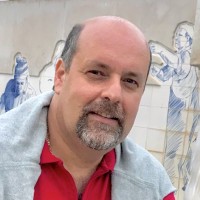
José Carlos Nogueira
LIP
José Carlos Nogueira is an electronics technician at the Laboratory of Instrumentation and Experimental Particle Physics (LIP) in Lisbon. With extensive experience supporting detector development for large-scale physics experiments, he plays a vital role in the assembly, testing, and maintenance of advanced instrumentation systems. His work has contributed to international projects such as the Pierre Auger Observatory, focusing on robust electronics solutions for harsh environments. At LIP, José Carlos provides key technical expertise for the development and operation of monitoring systems in applications ranging from particle physics to radiotherapy technologies.
📧 ze@lip.ptCollaborators
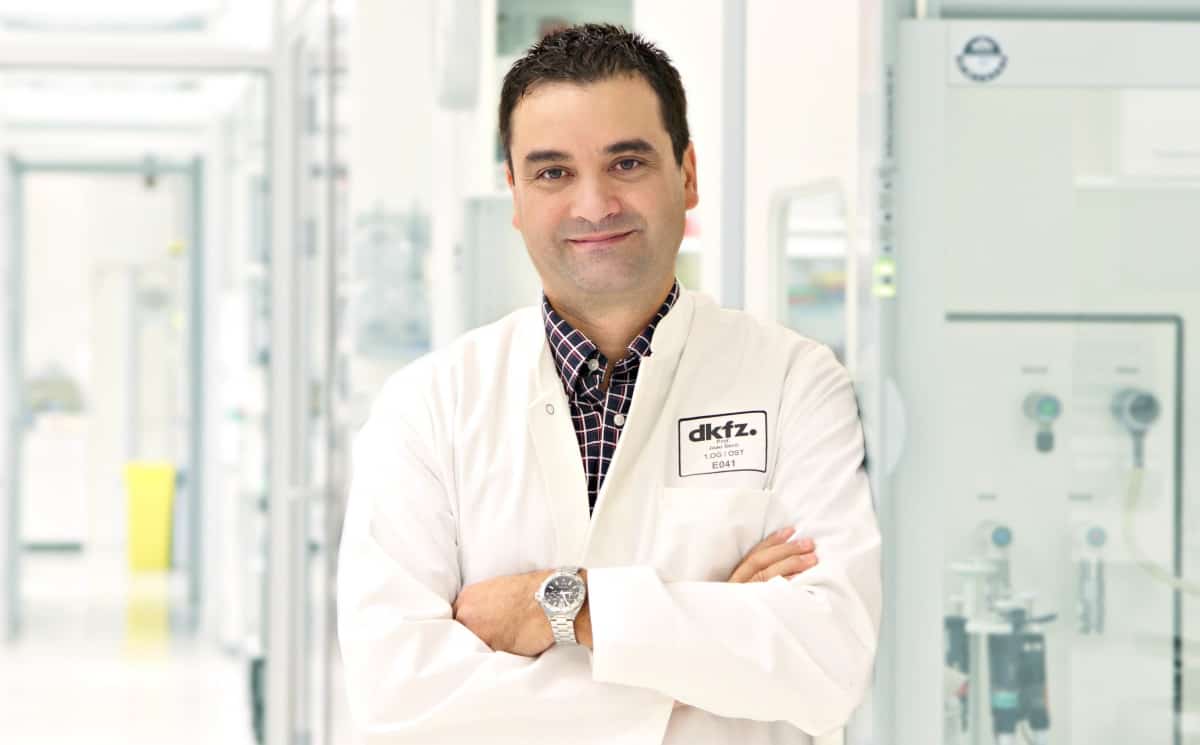
João Seco
DKFZ
João Seco is Head of the Division of Biomedical Physics in Radiation Oncology at the German Cancer Research Center (DKFZ) in Heidelberg and Full Professor at the Department of Physics and Astronomy at Heidelberg University. His research focuses on the development of advanced technologies for precision radiotherapy, with particular emphasis on particle therapy, dosimetry, and medical imaging. João has played a leading role in bridging fundamental physics with clinical applications, contributing to innovations that improve the accuracy and effectiveness of cancer treatment. His work combines expertise in experimental physics, medical technology, and translational research, supporting the development of next-generation radiotherapy solutions. He is the project coordinator of BoneOscopy, a groundbreaking Medical Physics project supported by a 3.4 million euro EIC Pathfinder Open Grant.
🌐 dkfz.de/joao-seco